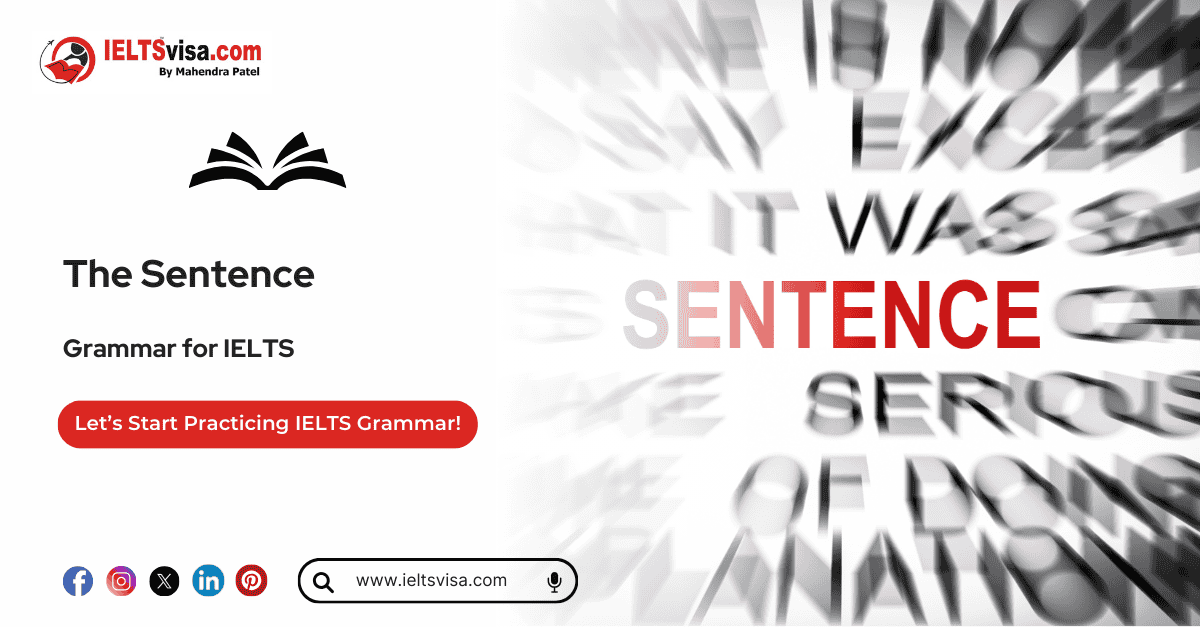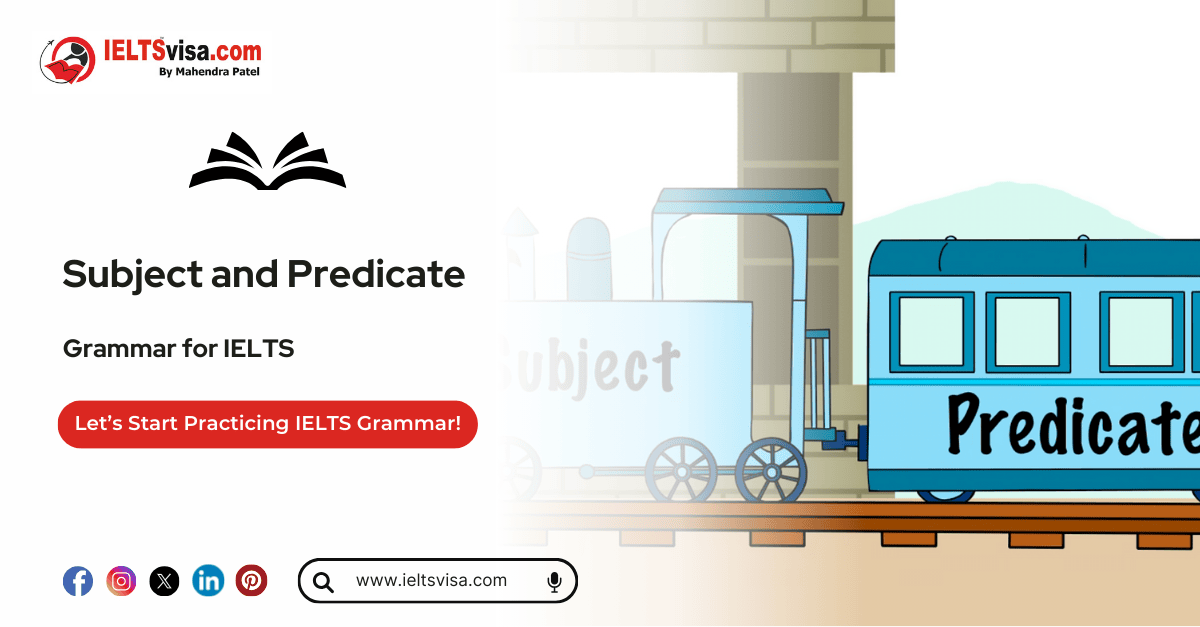Why some IELTS students get lower band scores in Reading?
IELTS Advice
There can be several reasons why some IELTS students get lower band scores in Reading. Here are some common reasons:
- Poor time management: The Reading section of the IELTS test is time-bound, and candidates need to answer 40 questions in 60 minutes. If a candidate spends too much time on a particular question or section, they may not have enough time to answer the remaining questions.
- Lack of reading skills: The Reading section requires candidates to have strong reading skills, including the ability to skim and scan, understand complex vocabulary, and interpret information presented in graphs and charts.
- Incomplete understanding of instructions: Not understanding the instructions, such as failing to follow the word limit or ignoring the question format, can result in lower scores.
- Poor exam strategy: Some candidates may not read the questions carefully or may not prioritize answering the questions that carry more marks. They may also struggle to find relevant information in the given text.
- Inadequate practice: Not practicing enough before the exam can also result in lower scores. Candidates who have not practiced reading English texts regularly may struggle to finish the Reading section within the given time limit.
- Language proficiency: Lower scores in Reading can also be due to inadequate proficiency in the English language, including weak vocabulary, grammar, and comprehension skills.
Study Abroad







Part of Speech
Part of Speech – Definition, 8 Types, and Examples Part of Speech In English grammar, every word belongs to a specific category based on the role it plays in a sentence. These categories are known as parts of speech. Learn about the definitions, types, and examples of...

Subject and Predicate: Definition, Meaning, Types, and Examples
Subject and Predicate: Definition, Meaning, Types, and Examples Subject and Predicate The foundation of sentence structure lies in two critical components: the subject and the predicate. Understanding these elements is crucial for constructing coherent and meaningful...

Sentence: Definition, Meaning, Types, and Examples
Sentence: Definition, Meaning, Types, and Examples Sentence Understanding sentences is essential for mastering English grammar. A sentence is more than just a collection of words; it is a meaningful arrangement that conveys ideas, questions, emotions, commands, or...








